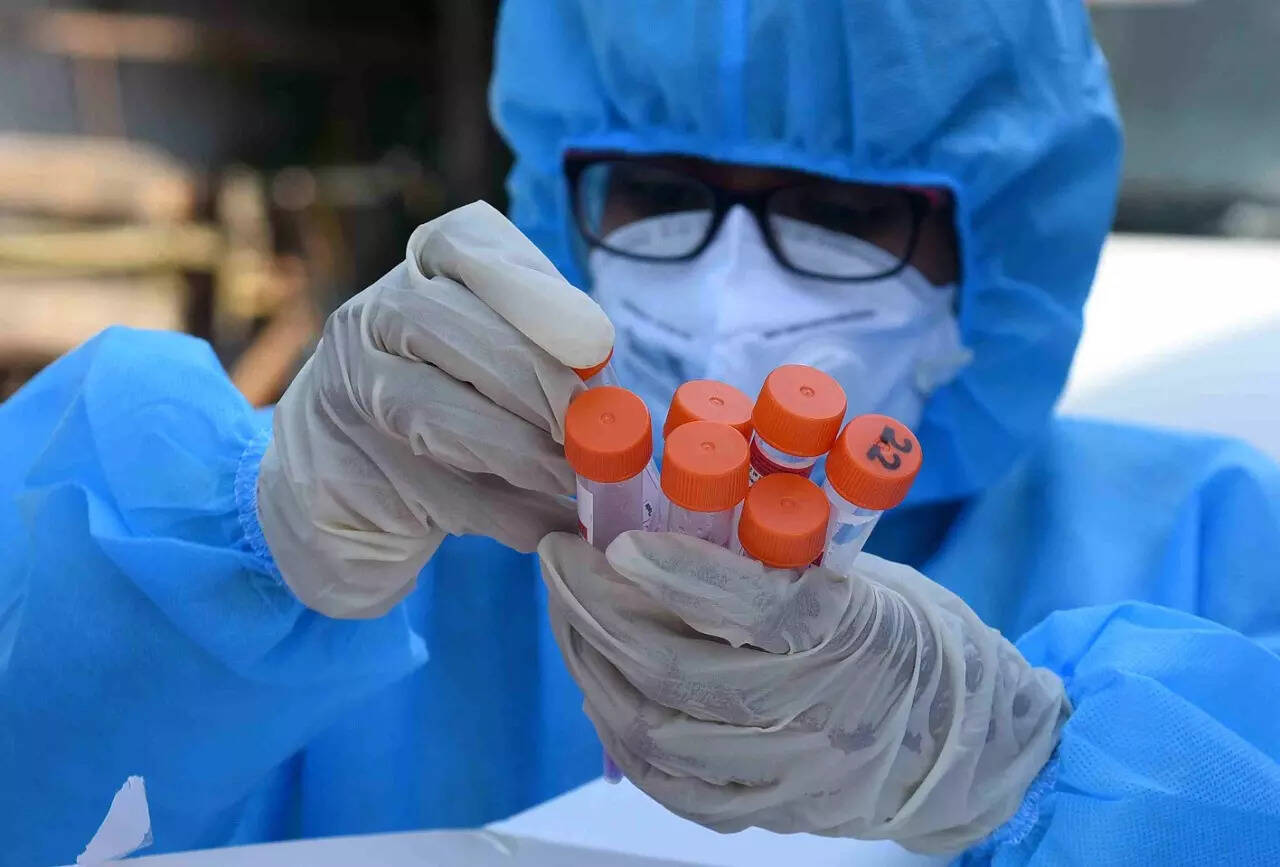- Diagnostics
- 2 min read
Genome sequencing: 25% of tested Covid-19 positive cases are variant of concern
In case of COVID-19 and SARS virus a new variant comes after another after some time. So, this longitudinal study of viruses through genome sequencing helps in finding prevalent variants in the population in an area.
The records of samples tested for genome sequencing accessed by TOI showed that around 25% of 883 samples, which were sent from Indore and tested till December 1, had any kind of VoC.
Dr Aditya Kumar Athotra, former statistical officer, NCDC explaining about this report said, “In case of COVID-19 and SARS virus a new variant comes after another after some time. So, this longitudinal study of viruses through genome sequencing helps in finding prevalent variants in the population in an area.”
Further elaborating about it, Dr Athothra said, “This study helps in formulating strategies to counter the spread of virus. In India as well as Indore the delta variant caused havoc during the second wave and is now prevalent in the population as it replaced all others.”
In South Africa, the new variant omicron is more prevalent in the population. So, now in our case we are trying to have a tap over its spread and take timely intervention to avoid possible third wave and its impact through this study, said Dr Athotra.
The record further suggested that of those samples with variants of concern most of them were from Indore. In case of Indore, till now around 112 cases of Delta (B.1.617.2), 46 of the UK variant Alpha ((B.l.1.7), some of Beta (B.1.351) and one sub-variant of Alpha, nine of AY.4 were reported so far.
In Indore district, the first case of the Alpha was reported in March this year. Samples were sent for genome sequencing from the district in December last year.
CMHO Dr BS Saitya on it said, “In order to have a surveillance about prevalence of variants and change in it, the samples are sent for genome sequencing on regular basis.”
After second wave of COVID-19, when the virulence of virus was reduced to minimal, around five to ten percent of positive samples of high risk people are sent for genome sequencing on fortnightly basis, said Dr Saitya.
Since November however, almost all positive samples are sent for genome sequencing, said Dr Saitya.
The records further suggested that 148 samples were sent for genome sequencing from November till December 11 including 103 of previous month. The reports of however only 22 are received till December 1, showed record.


Comments
All Comments
By commenting, you agree to the Prohibited Content Policy
PostBy commenting, you agree to the Prohibited Content Policy
PostFind this Comment Offensive?
Choose your reason below and click on the submit button. This will alert our moderators to take actions